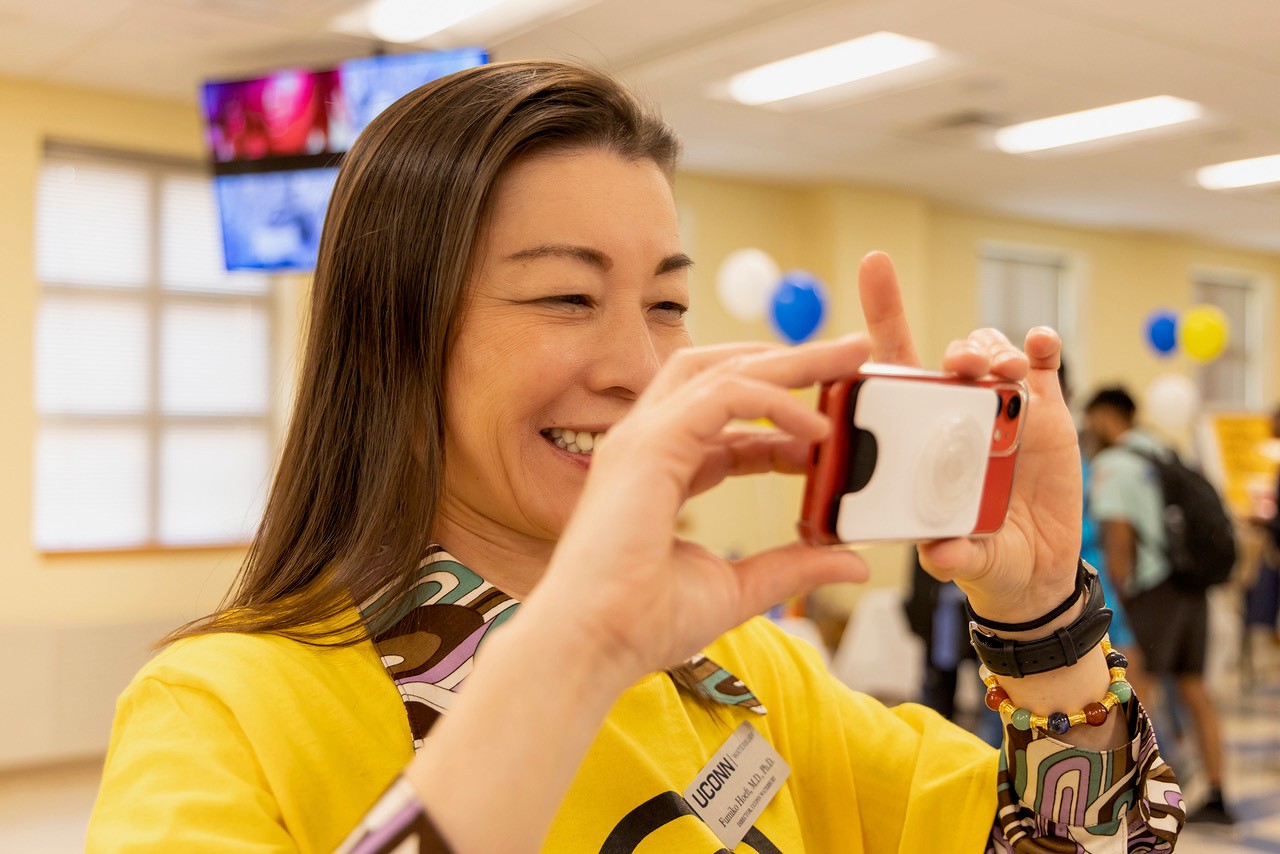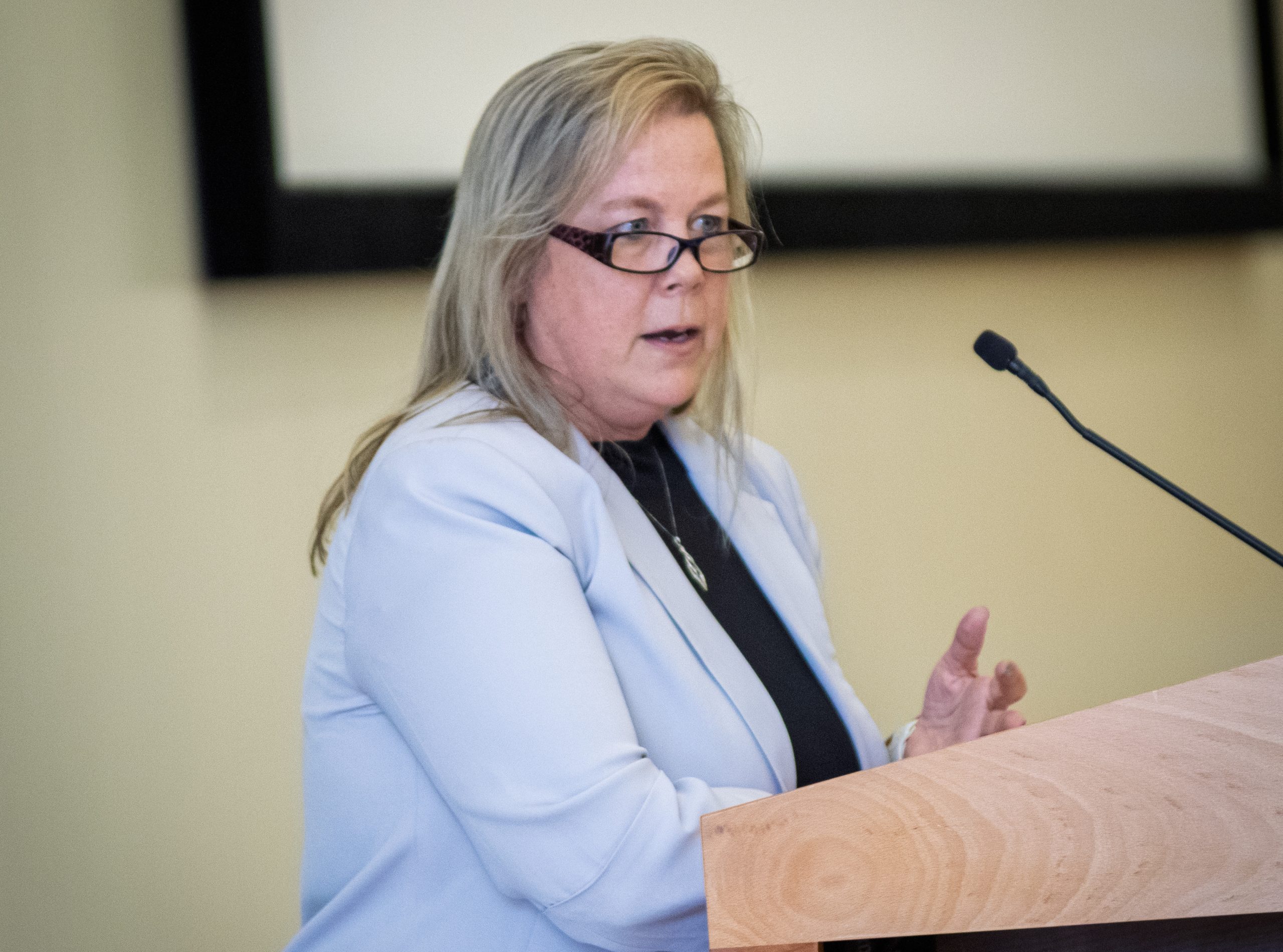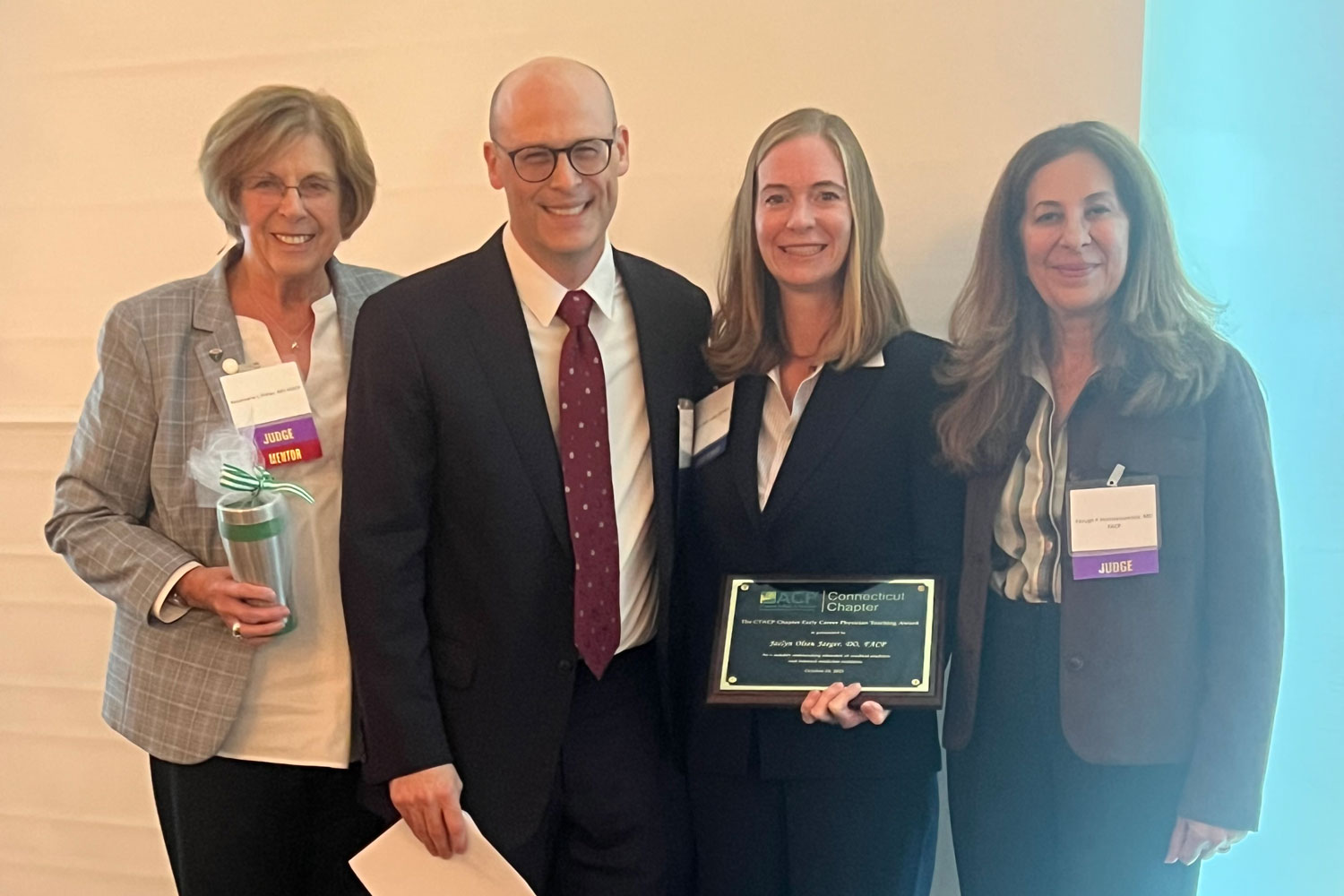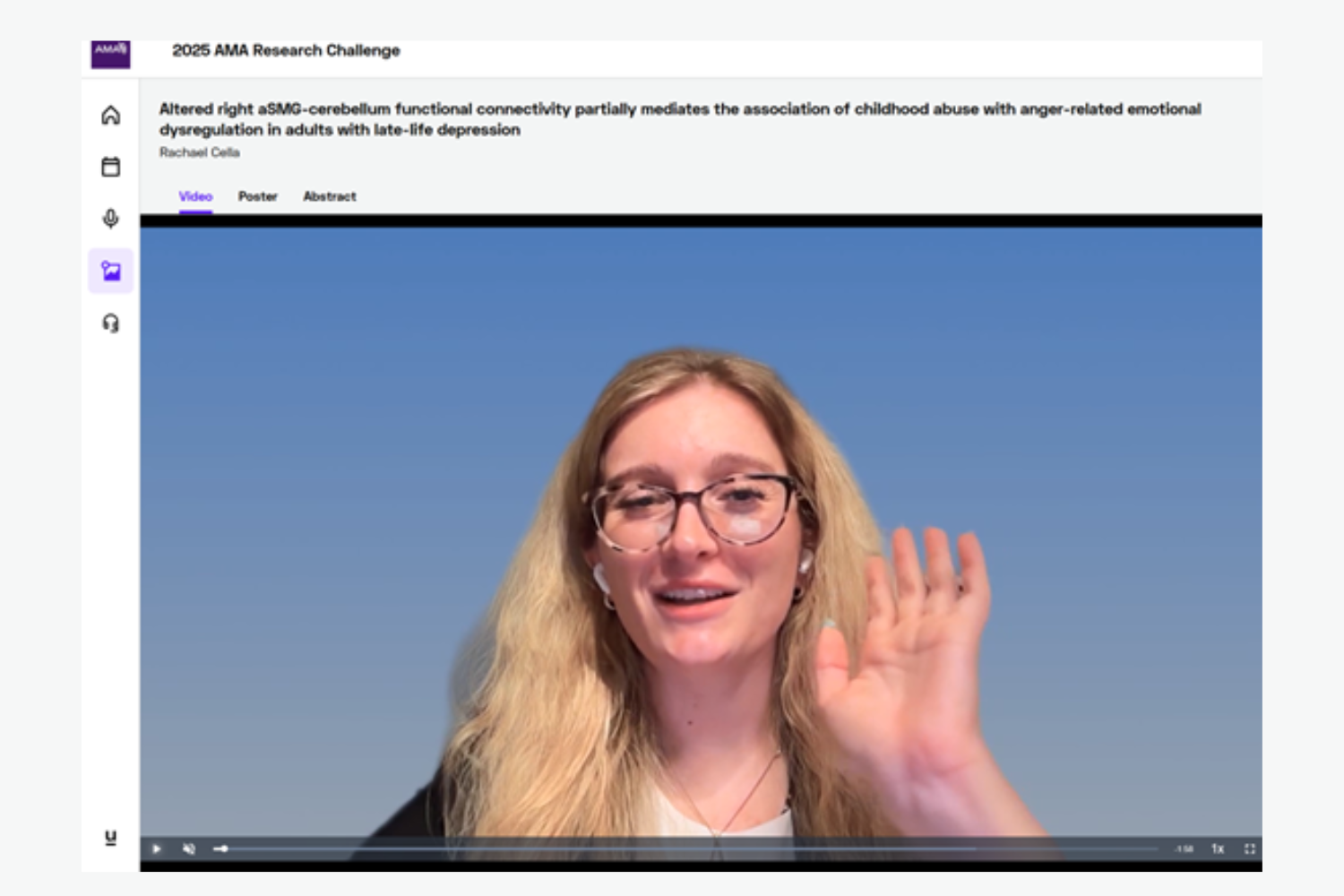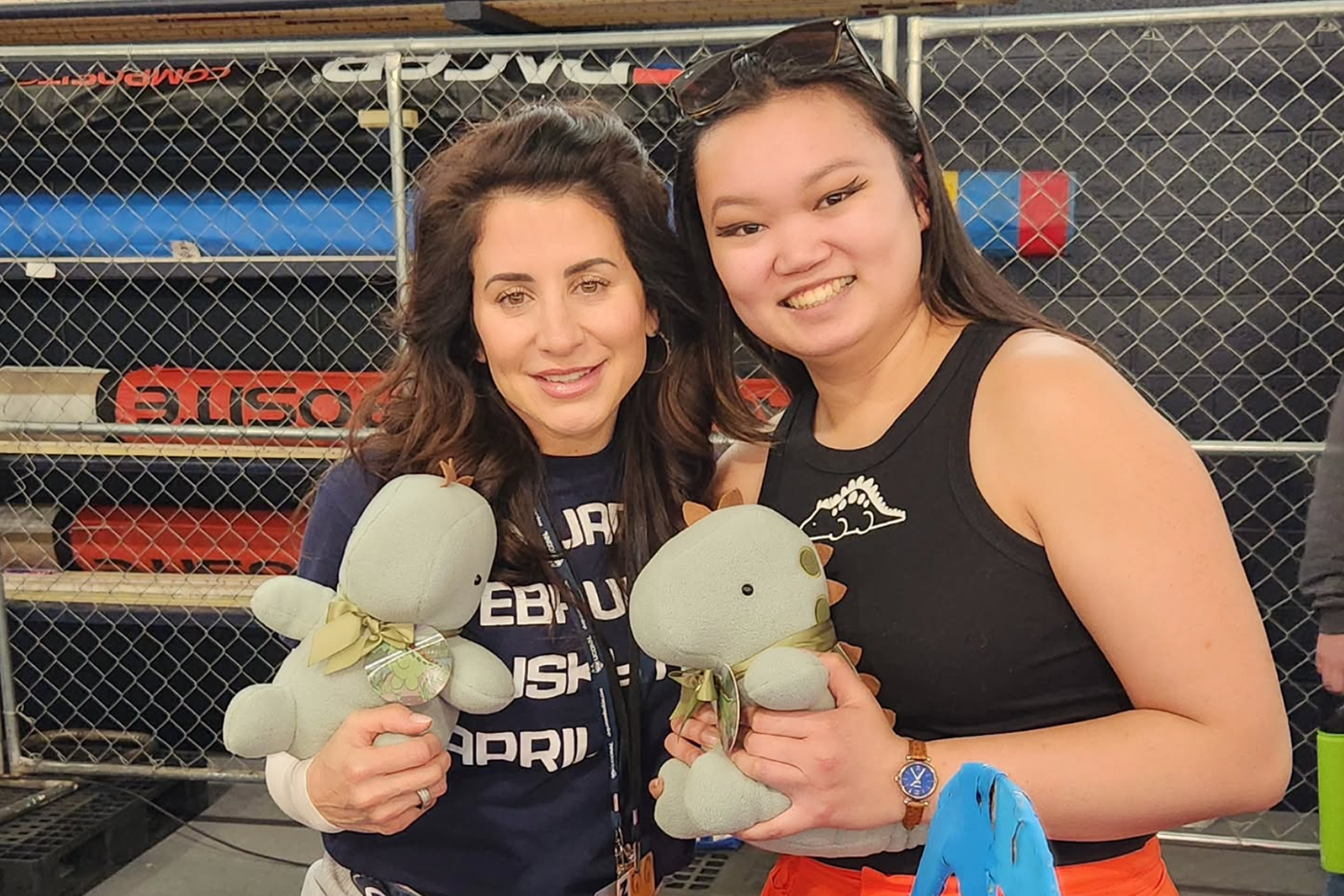Remote Sensing Lab Has Global Impact
Remote sensors from satellites, drones, radar, and aircraft collect valuable data for environmental researchers to track and monitor natural resources, track environmental changes, and assess the health of ecosystems.
The Global Environmental Remote Sensing (GERS) Laboratory uses quantitative remote sensing data to understand how the world is changing at regional and global scales. Led by Zhe Zhu, an associate professor in the Department of Natural Resources and the Environment (NRE) and a Highly Cited Researcher, the GERS lab includes Shi Qiu, NRE assistant research professor, and a team of postdoctoral researchers, doctoral candidates, and master’s students working on a diverse range of topics.
Whether it’s land use, forestry, atmosphere and air quality, climate monitoring, disaster response, environmental disturbances, artificial lights, and a host of other issues, the GERS lab uses over 50 years of observed data to enhance the understanding of environmental processes to help inform policy decisions, resource management, and conservation efforts.
This work relates to CAHNR’s Strategic Vision area focused Fostering Sustainable Landscapes.
Follow UConn CAHNR on social media
Latest UConn Today
- UConn Waterbury Dean Fumiko Hoeft Issues a Challenge, Makes Campaign Match in ‘Because of UConn’ Campaign'Student success is University success. And student success is also success for the future of our world'
- UConn Health’s Among ‘America’s Best-in-State Hospitals’John Dempsey Hospital earns Newsweek distinction 3 years running
- Driving Passion: Erika Lindeberg, Jacobs Engineering Group Inc.Academy of Distinguished Engineers inductee discusses professional and personal motivations, how she was influenced by her studies at UConn, and the importance of mentoring
- UConn Health’s Dr. Jaclyn Olsen Jaeger Recognized as Outstanding EducatorEarly Career Physician Teaching Award from Connecticut Chapter of the American College of Physicians
- UConn Medical Students Compete in Research Challenge of American Medical AssociationEight UConn School of Medicine students qualified for and competed in the exciting, national 2025 AMA Research Challenge to share their innovative research findings in virtual poster presentations Oct. 22-23.
- UConn Magazine: Dino MightLyla Andrick’s dinosaurs have irresistibly squishy noses — and emotions








